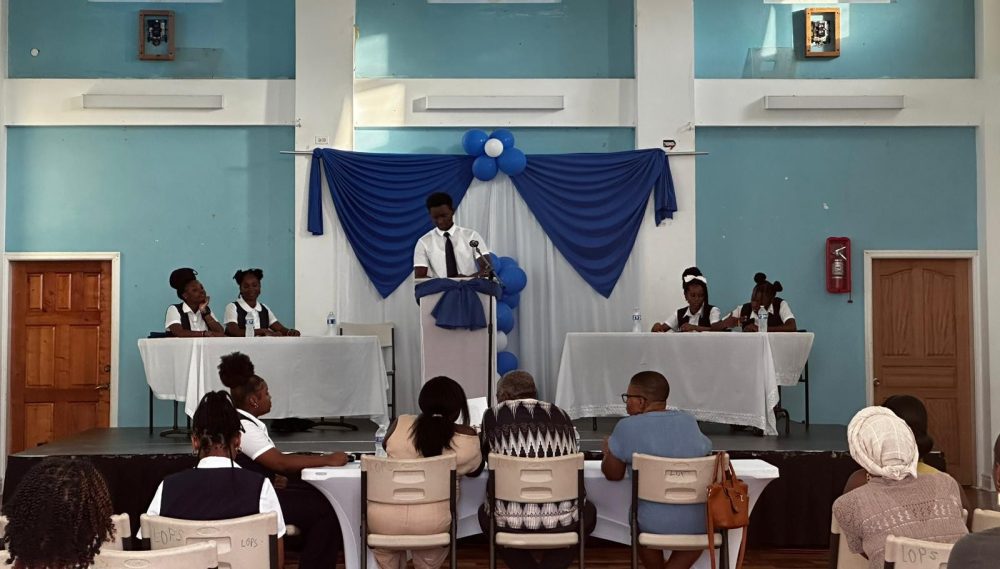
Lavern Ryan was only 13 when the Soufriere Hills Volcano began to disrupt life on Montserrat as she knew it, and it made a profound impact on her. She wanted to help and now she is doing just that, not only for Montserrat but for the places where her help is needed the most after a humanitarian emergency.
Ryan is now part of the team of Caribbean experts volunteering with the international charity MapAction. MapAction, which was first conceived in 1994 has more than 80 trained volunteers who provide life saving information in the forms of data-rich maps to help emergency personnel, governments and disaster agencies to make decisions and deliver aid to those who need it most.
Ryan, who heads the Government of Montserrat’s Geographical Information Systems department, said continuous mapping and remapping of the island due to the ongoing volcanic activity as well as supporting the work of organisations such as Joint Nature Conservation Committee (JNCC) and South Atlantic Environmental Research Institute (SAERI) were great preparation for working with MapAction.
“Following the events of the 2017 hurricane season, I wanted to use my skills more to help mitigate against the impacts of disasters. When the call came for Caribbean GIS professionals to join MapAction, I was further inspired. I am passionate about GIS and I want to use my knowledge and skills to help people when they are most in need and to help to save lives. MapAction provides the platform for me to do just that,” Ryan said.
She recently completed the conversion course, which is an intense training model where the volunteers must produce accurate and timely data on an emergency. “Some of the key questions we have to answer are who is affected, what response is needed and where is the aid going.”
Part of the course, Ryan shared involved a fictitious Caribbean island with a storm on track for a direct hit. She and the other GIS experts were required to identify who was in the path of the storm, where the shelters were and who needed aid most once the storm passed. Other elements such as robberies, looting and fires were added to increase the pressure on the scenario that the mappers needed to work with.
“It was really intense. We had to produce 25 maps within 12 hours. We were doing this as if it was a real emergency, no power, totally off grid,” explained Ryan.
MapAction most recently supported rescue efforts after the flooding in Mozambique. Ryan, who holds a bachelors in computer science and masters in GIS, said while it is never ones desire to be in an emergency, she is happy that now she can assist with information which can save lives in a humanitarian crisis.
Learn more about MapAction at mapaction.org. Read more about Lavern’s journey as a GIS expert at lavernrogersryan.com .
Discover more from Discover Montserrat
Subscribe to get the latest posts sent to your email.



